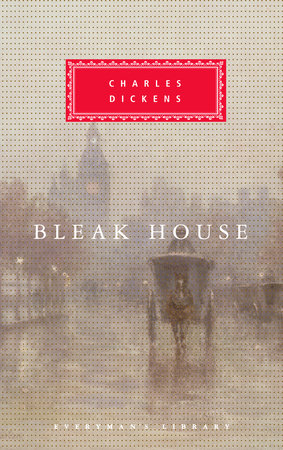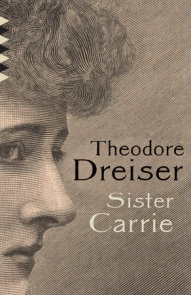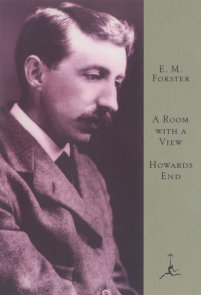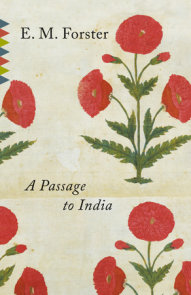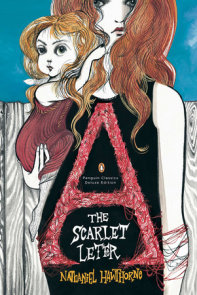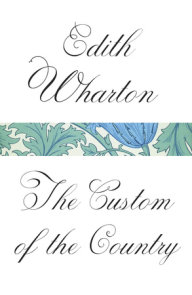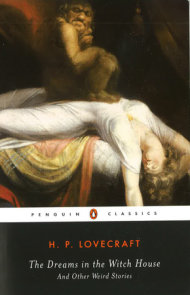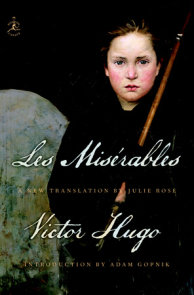READERS GUIDE
Questions and Topics for Discussion
1. 1. Critics have long regarded Bleak House as Dickens’s most formally complex novel, since it blends together a number of different genres: detective fiction, romance, melodrama, satire. Compare the way the novel conforms to each of these genres. Do you consider Bleak House more a mystery than a satire, or vice versa? In what ways does the novel transcend these categories altogether?
2. 2. Examine Dickens’s use of irony in Bleak House. Which characters find themselves in ironic moments or situations? How might we read the Court of Chancery’s obstruction of justice as the supreme irony of the book?
3. 3. Consider the narrator’s remark in Chapter XXXIX that “The one great principle of the English law is, to make business for itself.” How, precisely, does Chancery “make business for itself”? What instruments, rituals, and/or actors does it employ to create a great chain of inefficiency?
4. 4. Discuss Dickens’s representation of charity in Bleak House. Are philanthropists generally portrayed in a favorable light? You might compare the work of Mrs. Jellyby, Mrs. Pardiggle, and Mr. Quale with the quieter charitable work of Esther. What type of charity do you think Dickens values?
5. 5. Do you think Bleak House is successful in its attempt to criticize the English legal system? If so, how do you reconcile the novel’s happy ending with Dickens’s critique?
6. 6. Examine Dickens’s use of mud and pollution imagery throughout Bleak House. What different meanings do images of mud, dirt, disease attach themselves to? Which characters become closely identified with pollution?







